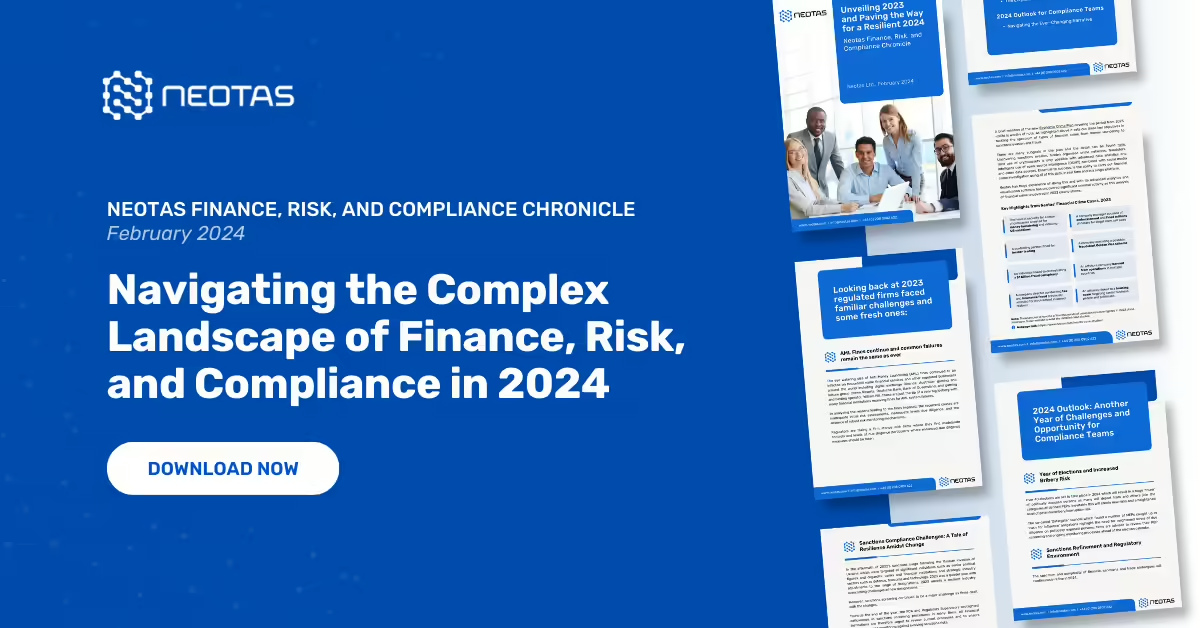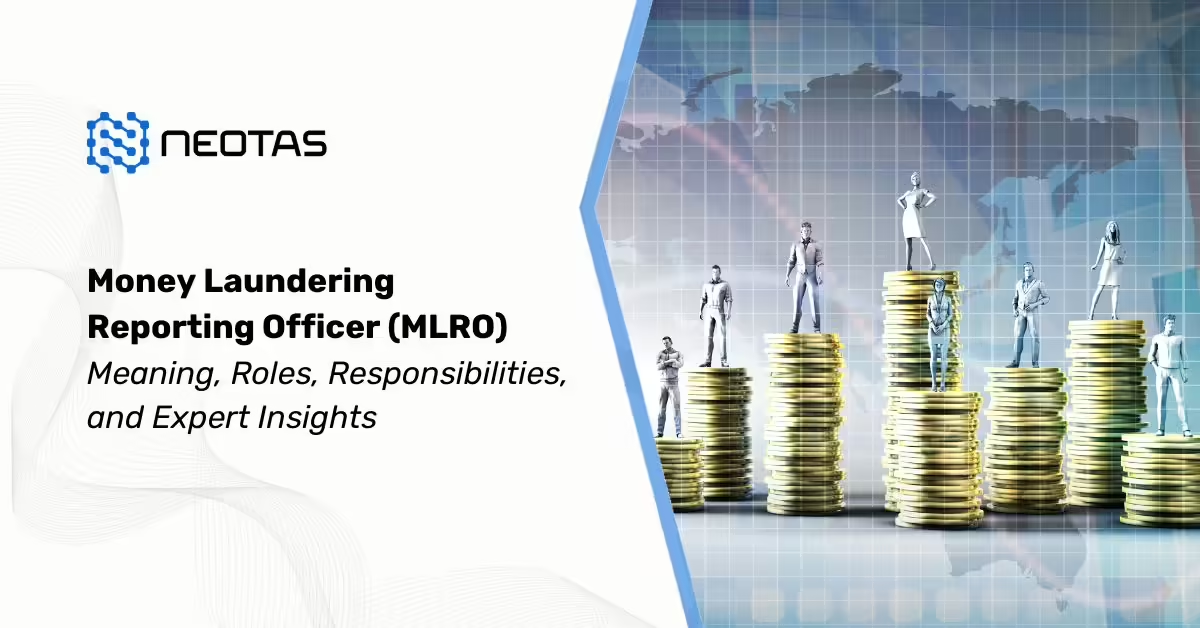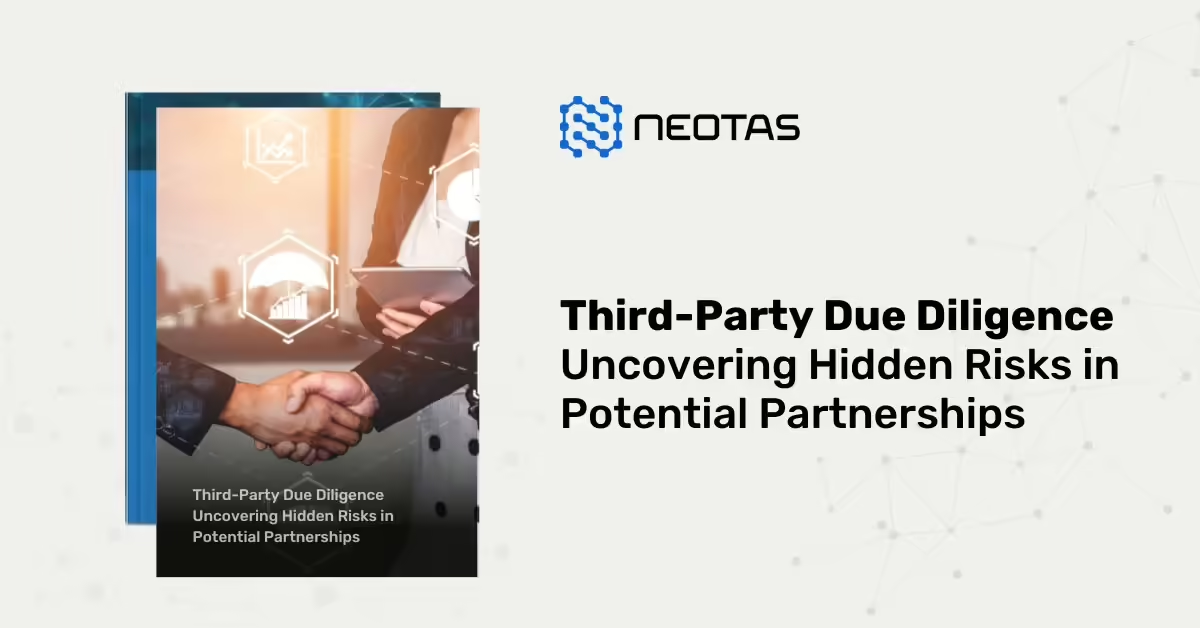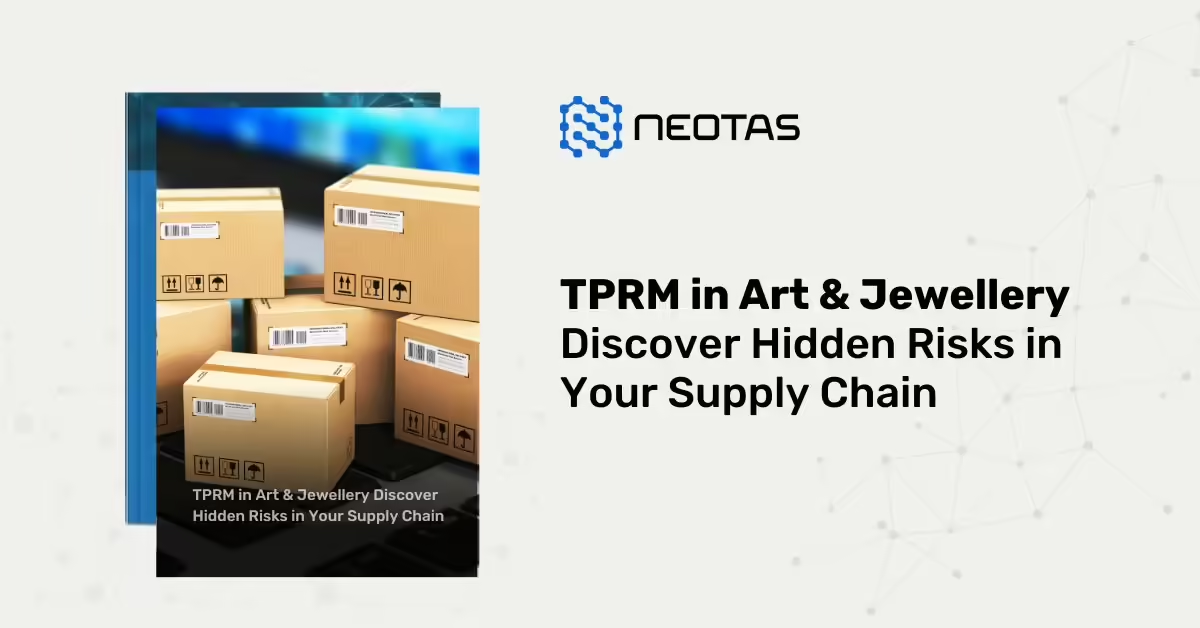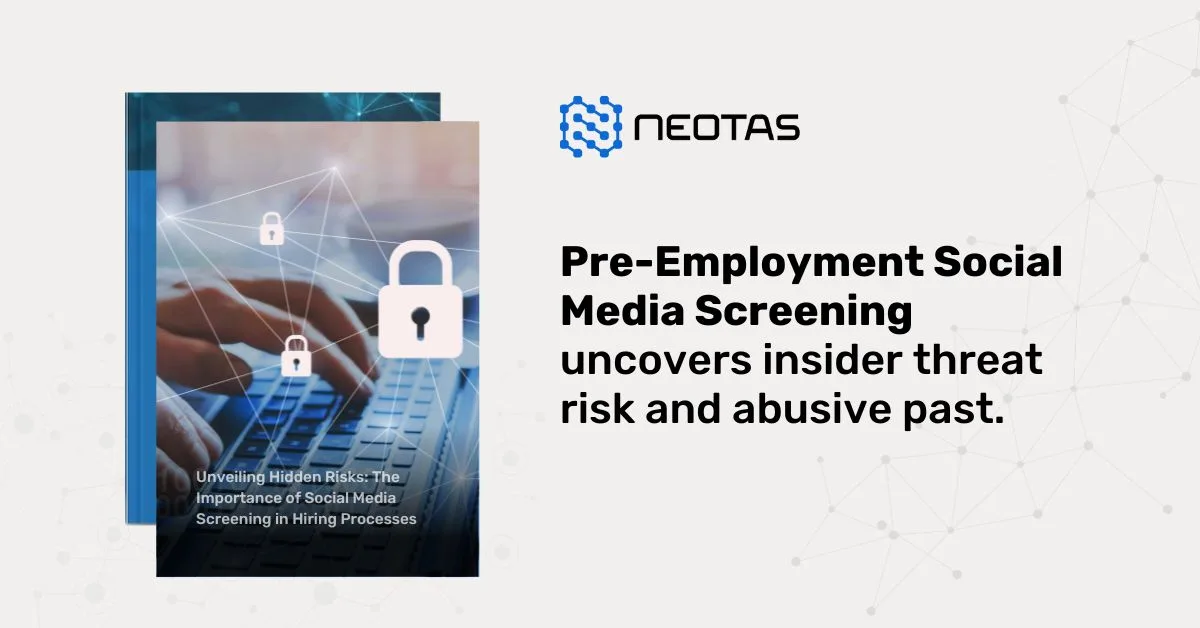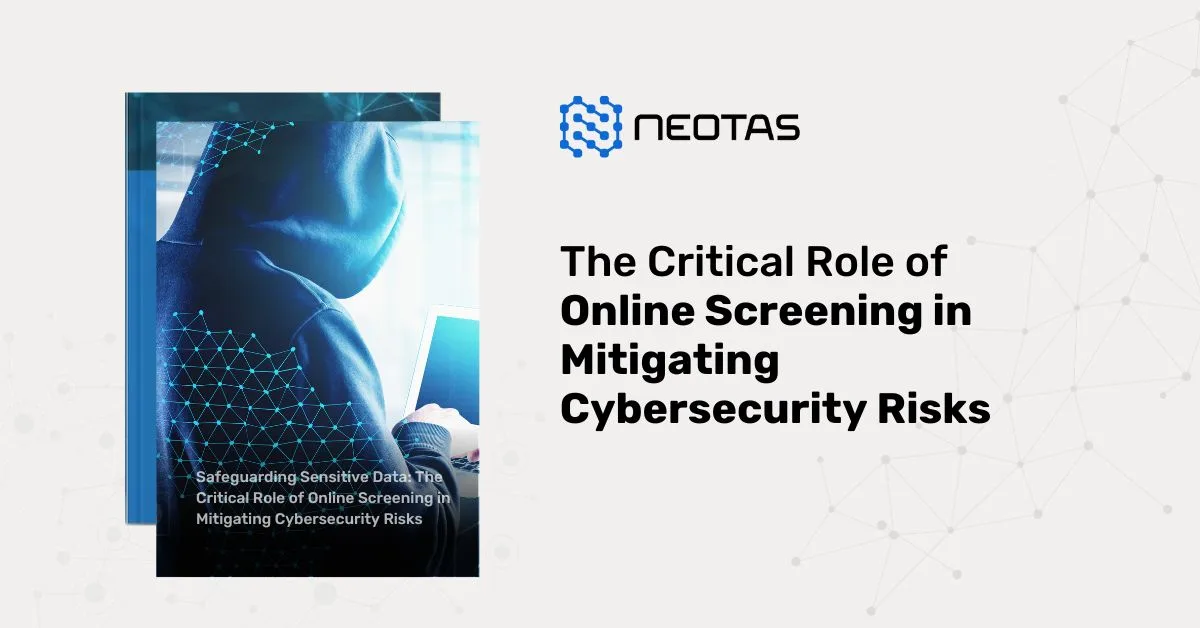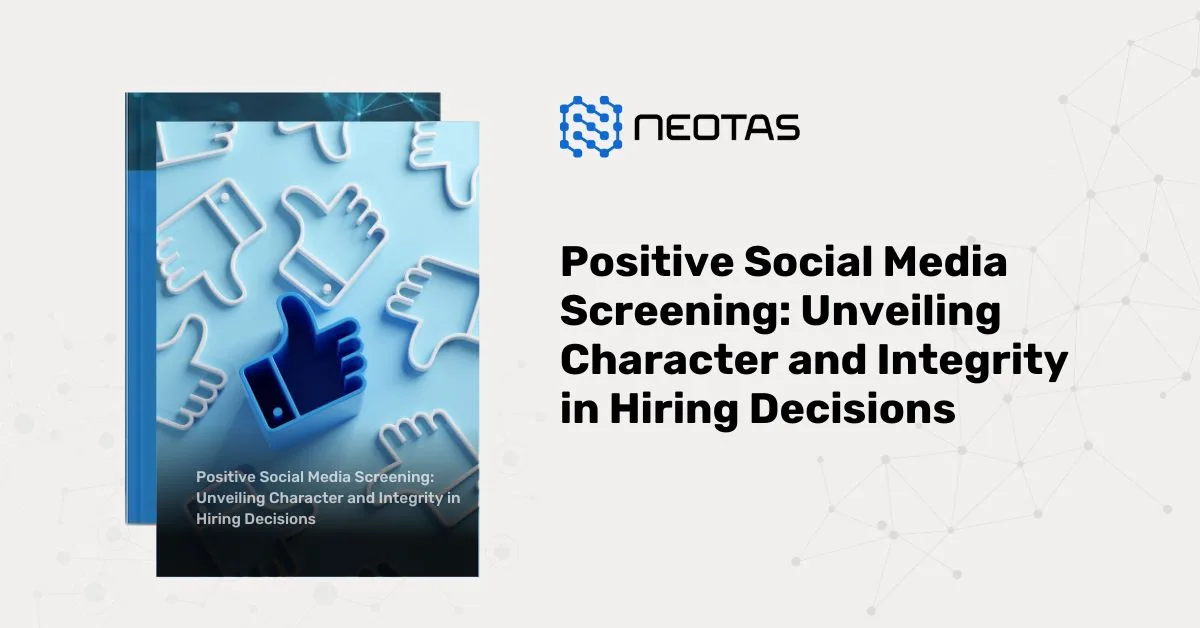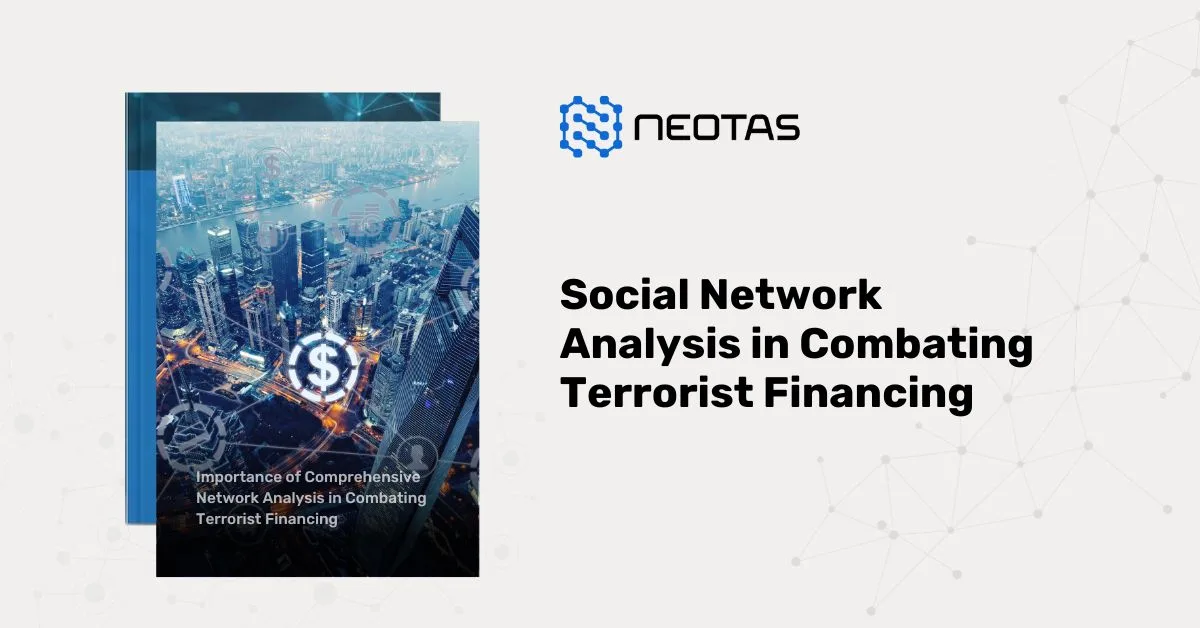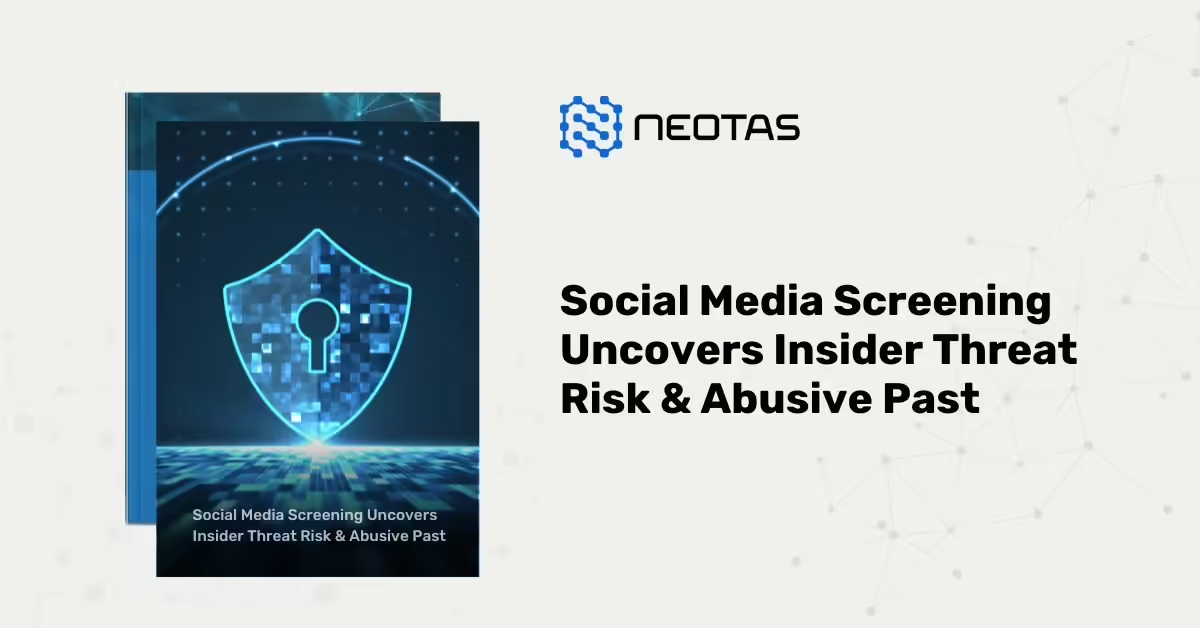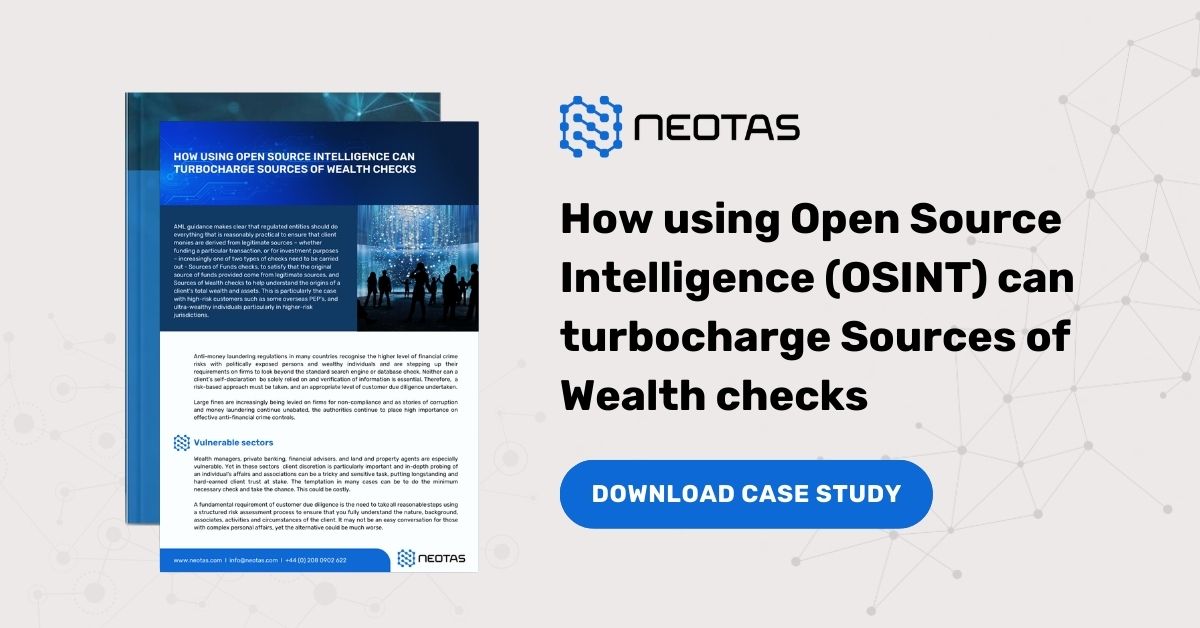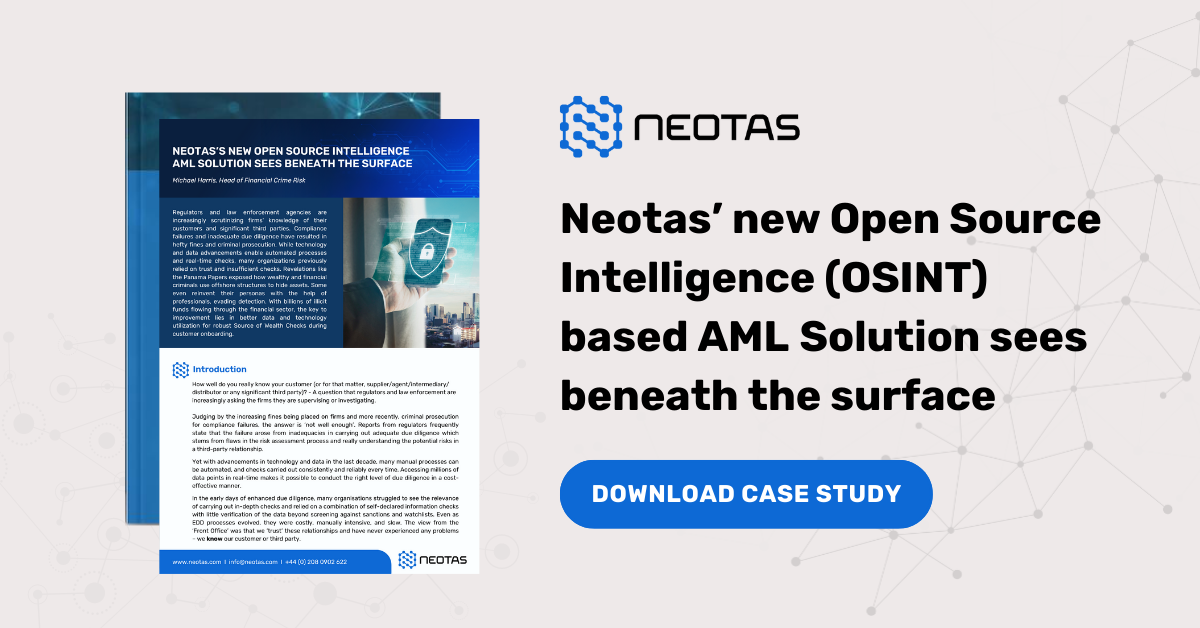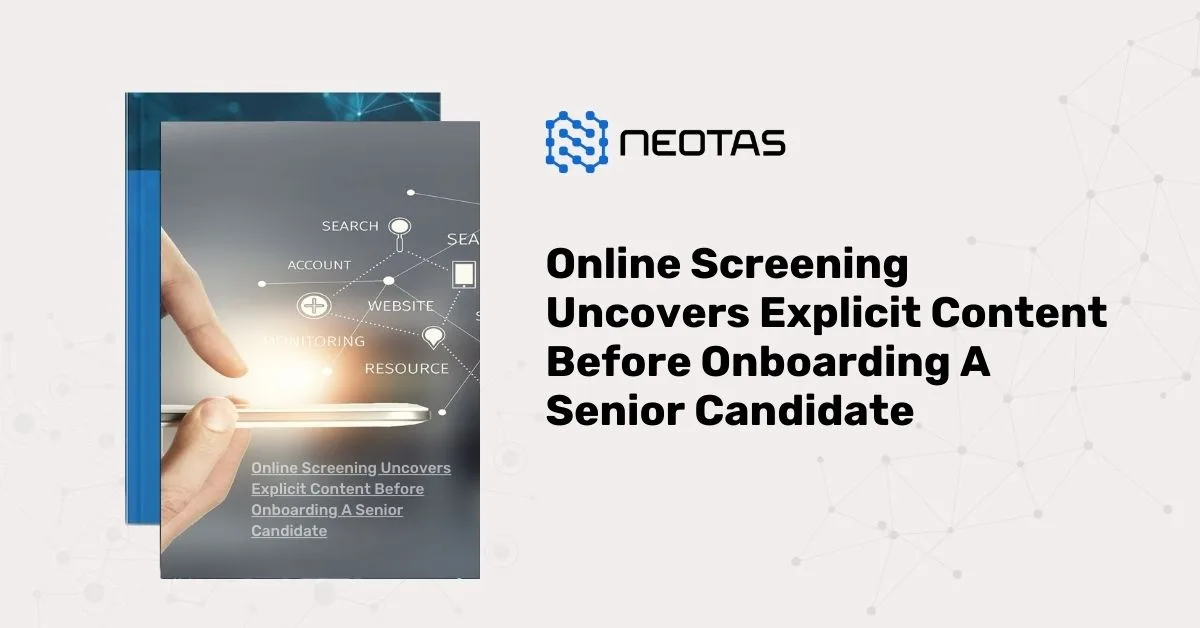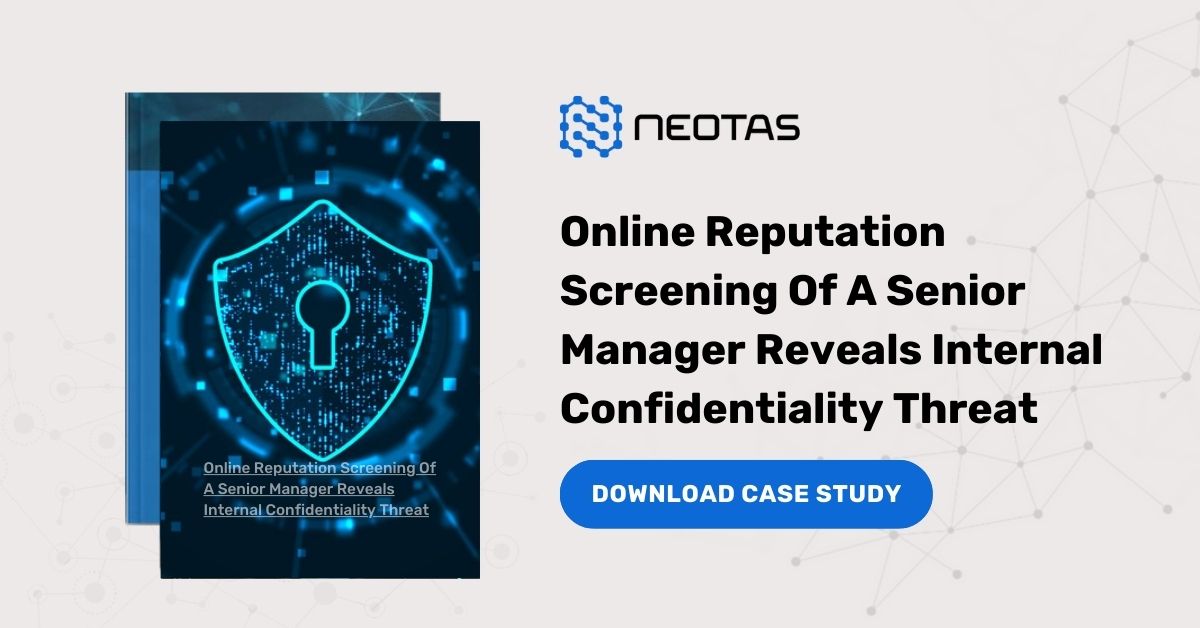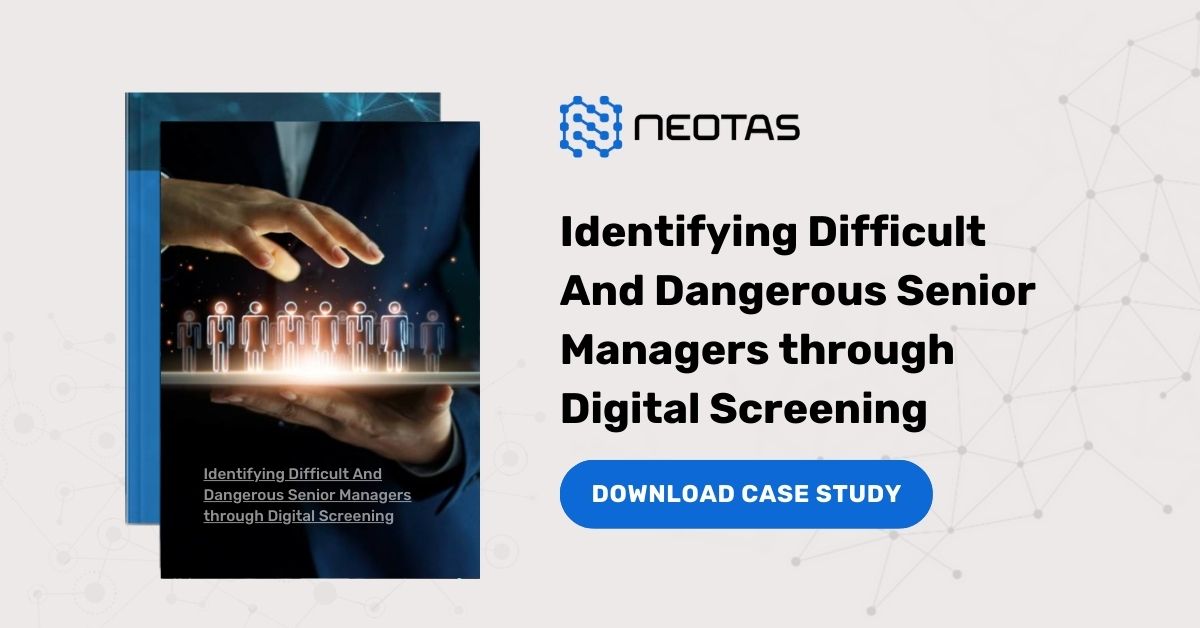What is AML and CFT?
AML/CFT stands for Anti-Money Laundering and Counter Financing of Terrorism. It refers to a set of regulations, policies, and procedures implemented by financial institutions, governments, and other organisations to prevent, detect, and report activities related to money laundering and the financing of terrorism.
Key Components of AML/CFT:
- Anti-Money Laundering (AML):
- Objective: AML efforts are aimed at preventing criminals from disguising illegally obtained funds as legitimate income. Money laundering involves the process of making large amounts of money generated by a criminal activity, such as drug trafficking or terrorist funding, appear to have come from a legitimate source.
- Processes: AML frameworks require institutions to conduct thorough due diligence on customers, monitor transactions for suspicious activity, and report such activities to the relevant authorities. This includes Know Your Customer (KYC) procedures, where the identity of customers is verified, and continuous monitoring of their transactions.
- Counter Financing of Terrorism (CFT):
- Objective: CFT measures focus on preventing and disrupting the flow of funds to terrorist organisations. Terrorist financing involves the collection or provision of funds with the intention that they be used to carry out terrorist acts.
- Processes: CFT strategies include monitoring financial transactions, especially those that might be directed to or from regions known to support terrorist activities, and working closely with international bodies to track and freeze assets related to terrorism.
Importance of AML/CFT:
- Global Security:
- Effective AML/CFT measures are crucial for maintaining global security. By disrupting the financial networks that support criminal and terrorist activities, these measures help to reduce the ability of such groups to operate.
- Compliance and Legal Obligations:
- Financial institutions and businesses are legally required to implement AML/CFT measures to comply with international and local laws. Failure to comply can result in severe penalties, including fines and reputational damage.
- International Cooperation:
- AML/CFT efforts often involve cooperation between countries, as money laundering and terrorist financing are transnational issues. International bodies like the Financial Action Task Force (FATF) set standards and promote the effective implementation of legal, regulatory, and operational measures to combat these crimes globally.
- Risk Management:
- For financial institutions, implementing robust AML/CFT measures is an essential part of risk management. These measures help protect the institution from being used as a conduit for illicit activities, which could lead to financial losses, regulatory penalties, and damage to reputation.
Here’s a table outlining the key differences between AML (Anti-Money Laundering) and CFT (Counter Financing of Terrorism):
| Aspect | Anti-Money Laundering (AML) | Counter Financing of Terrorism (CFT) |
|---|---|---|
| Definition | Measures to prevent the conversion of illegally obtained money into legitimate assets. | Measures to prevent the financing of terrorist activities. |
| Objective | To identify and report suspicious transactions that may involve the proceeds of crime. | To identify and disrupt the flow of funds to terrorist organisations and activities. |
| Focus | Primarily focuses on financial crimes such as fraud, drug trafficking, and corruption. | Primarily focuses on activities related to terrorism and extremist groups. |
| Regulatory Framework | Governed by laws and regulations that require financial institutions to implement AML measures. | Governed by laws and regulations specifically addressing the financing of terrorism. |
| Risk Assessment | Evaluates risks associated with potential money laundering activities and customer profiles. | Assesses risks related to the potential funding of terrorism and associated entities. |
| Key Activities | – Customer Due Diligence (CDD) – Transaction Monitoring – Reporting Suspicious Activity | – Customer Due Diligence (CDD) – Monitoring for transactions related to high-risk individuals and organisations – Reporting suspicious activities that may indicate terrorist financing |
| Enforcement Agencies | Generally enforced by financial regulatory bodies such as the Financial Conduct Authority (FCA) in the UK. | Enforced by agencies focused on national security and counter-terrorism, such as the National Crime Agency (NCA) in the UK. |
| International Standards | Follows recommendations from the Financial Action Task Force (FATF) related to money laundering. | Also follows FATF recommendations but with a specific focus on preventing terrorist financing. |
| Penalties for Non-Compliance | Financial institutions may face hefty fines, loss of business, and reputational damage. | Similar penalties as AML, but with a greater emphasis on national security implications. |
Conclusion:
AML/CFT is a critical aspect of global financial regulation, aimed at safeguarding the financial system from being exploited for criminal and terrorist purposes. Through rigorous procedures, continuous monitoring, and international cooperation, AML/CFT measures help to ensure that financial institutions do not become unwitting facilitators of crime and terrorism. As the landscape of financial crime evolves, the importance of AML/CFT continues to grow, requiring ongoing adaptation and vigilance from all stakeholders involved.
About Neotas Due Diligence
Neotas Platform covers 600Bn+ archived web pages, 1.8Bn+ court records, 198M+ corporate records, global social media platforms, and 40,000+ Media sources from over 100 countries to help you build a comprehensive picture of the team. It’s a world-first, searching beyond Google. Neotas’ diligence uncovers illicit activities, reducing financial and reputational risk.
WHAT WE OFFER
- Complete, Automated AML Solutions – Tailored to meet regulatory requirements for detecting and preventing money laundering activities.
- Seamless, Easy-to-Use Platform – Featuring interactive dashboards and management tools for efficient oversight.
- Single Workflow Platform – Consolidating all AML operations into a unified, easy-to-navigate system.
- OSINT-Driven Intelligence – Incorporating unstructured and structured data from open sources to uncover hidden risks.
- Dynamic Monitoring & Alerts – Real-time monitoring of individuals, entities, and transactions, with risk-based alert frequencies.
- Enhanced Due Diligence – Comprehensive checks on high-risk entities, including AML Regulated organisations, vendors, and customers.
- Seamless Integration – Easily integrates with existing AML, KYC, and compliance systems.
- Managed Service Option – Access to expert-driven, report-based AML assessments.
- Comprehensive Value Chain Monitoring – Covering all relevant actors, from customers to intermediaries and vendors.
Our automated AML monitoring continually tracks high-risk individuals and entities, providing immediate alerts on any significant changes or suspicious activities.
Neotas is a leading SaaS platform widely deployed by organisations for investigating suspected financial crime.
 AML Case Studies:
AML Case Studies:
- Case Study: OSINT for EDD & AML Compliance
- Overcoming EDD Challenges on High Risk Customers
- Neotas Open Source Intelligence (OSINT) based AML Solution sees beneath the surface
- ESG Risks Uncovered In Investigation For Global Private Equity Firm
- Management Due Diligence Reveals Abusive CEO
- Ongoing Monitoring Protects Credit Against Subsidiary Threat
- AML Compliance and Fraud Detection – How to Spot a Money Launderer and Prevent It
 AML Solutions:
AML Solutions:
- Risk-Based Approach (RBA) to AML & KYC risk management
- Anti-Money Laundering (AML) Compliance
- Anti-Money Laundering (AML) Checks
- Anti-Money Laundering (AML) Regulations
- Anti-Money Laundering (AML) Compliance Checklist
- Anti-Money Laundering (AML) Compliance Checklist for Banks
- Anti-Money Laundering (AML) Transaction Monitoring
- Money Laundering Reporting Officer (MLRO) – Roles and Responsibilities of an MLRO
- What is Customer Due Diligence in Banking and Financial Services?
Manage Financial Compliance and Business Risk with Neotas AML Solutions.
Neotas is an Enhanced Due Diligence Platform that leverages AI to join the dots between Corporate Records, Adverse Media and Open Source Intelligence (OSINT).
Schedule a Call or Book a Demo of Neotas Anti-money laundering (AML) Solutions.

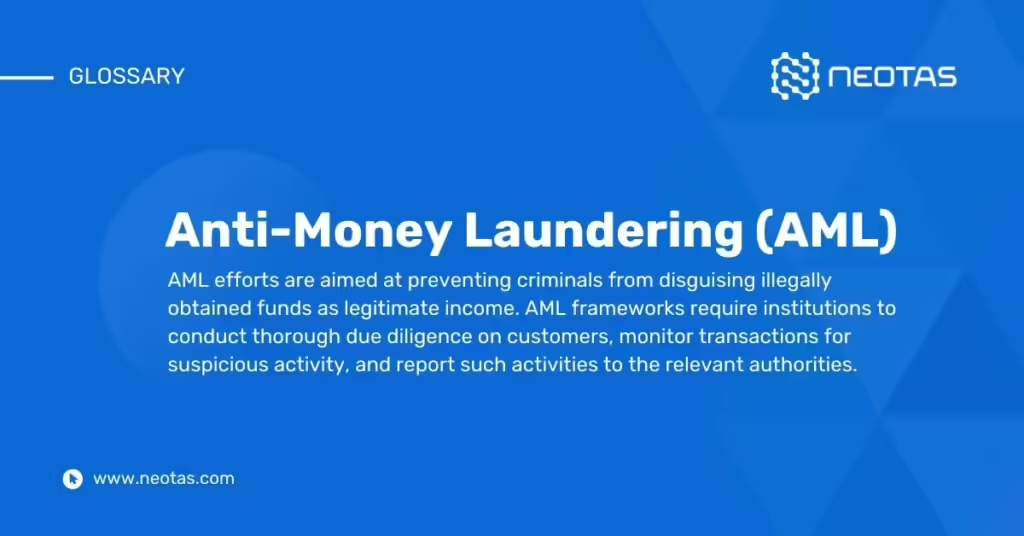

 Financial Crime Compliance Trends 2024
Financial Crime Compliance Trends 2024